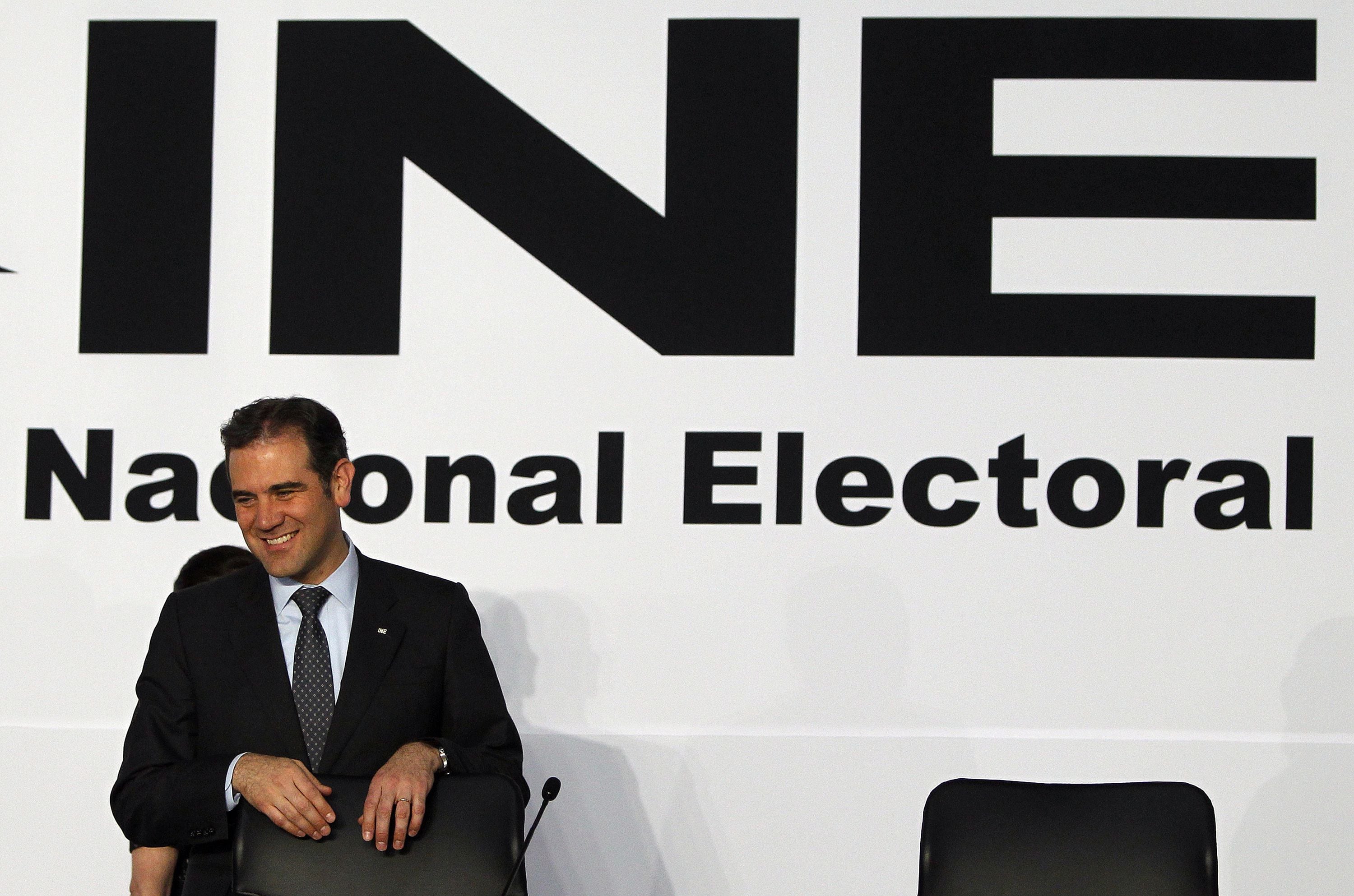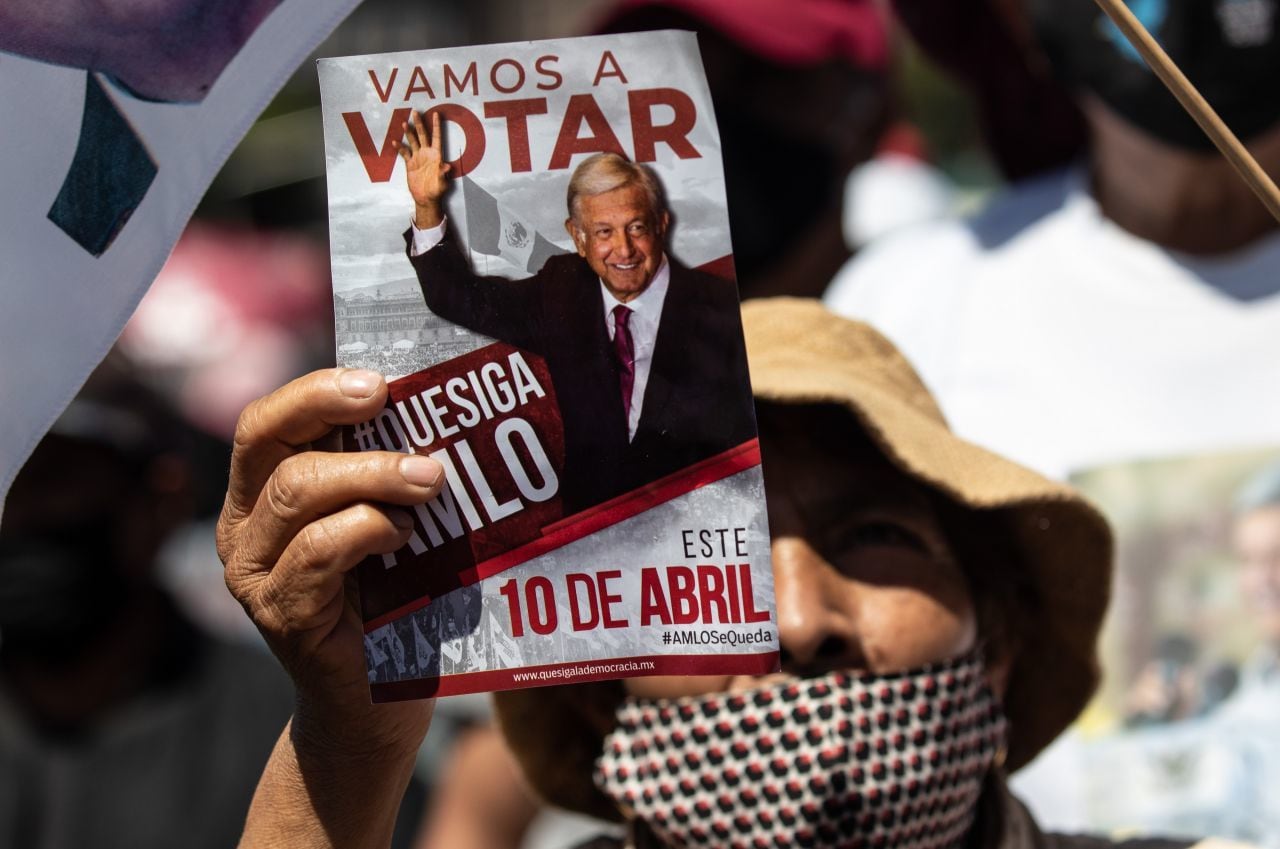
“Neither the INE nor any other electoral authority can determine the non-observance of a norm issued by the Legislative Power”, so began Ricardo Monreal's response against the National Electoral Institute regarding its determination not to recognize during this electoral process the reform that allows officials talk about Mandate Revocation and other processes.
And on the night of this Tuesday, March 22, the president of the Political Coordination Board (Jucopo) of the Senate of the Republic recalled the role of the electoral authorities in relation to the determinations that are approved in the federal legislature, thereby reiterating respect for the division of powers and more, coming from decentralized agencies.

In this regard, he recalled that only the Supreme Court of Justice of the Nation (SCJN), in general, or the Electoral Tribunal of the Judiciary of the Federation (TEPJF), in electoral matters, are the institutions empowered to “rule on the constitutionality of a legal norm and, where appropriate, the Court expel it from the order law and the Tribunal declare their non - application in the specific case”.
Under this logic, the doctor of constitutional law from UNAM maintained that as long as these institutions do not act against what was voted in the Chamber of Deputies and ratified in the Senate, “the norm or interpretation is in force and must be observed without exception”, so the National Electoral Institute (INE) must adhere to the State of law and to address the reform that was adopted in the area of government propaganda.
And it is that in an official statement, the institute headed by Lorenzo Córdova, said that it will adhere to what was determined by the Regional Specialized Chamber of the TEPJF in judgment SER-PSC-33/2022, which says that this decree of interpretation does not apply to the electoral processes that have already begun, so even if it is in force this decree is not applicable in ongoing proceedings.

In this regard, Mexican laws establish that once something that has already happened is published in the Official Gazette of the Federation (DOF), this draft decree enters into force and, until the dispute process begins before the Supreme Court, it will continue to be in force, so that the persons who serve public will be able to continue to express themselves of the Revocation of Mandate and other electoral processes that are still closed.
On Thursday, March 17, the DOF published the draft decree modifying the definition of the Scope of the Concept of Government Propaganda, in which the General Electoral Institutions and Procedures (LGIPE) and Federal Revocation of Mandate (LFRM) laws are modified, so that propaganda is understood government as “the set of writings, publications, images, recordings and projections disseminated under any form of social communication, paid by the public budget, labeled specifically for that purpose by a public entity”.
The decree also explains that “the expressions of public servants, who are subject to the limits established in applicable laws, do not constitute government propaganda.” Therefore, statements made via social networks (posts on Twitter or Facebook) regarding the consultative process to be submitted by President Andrés Manuel López Obrador (AMLO) would not be taken into account as government propaganda.
KEEP READING:
Últimas Noticias
Debanhi Escobar: they secured the motel where she was found lifeless in a cistern

The oldest person in the world died at the age of 119

Macabre find in CDMX: they left a body bagged and tied in a taxi
The eagles of America will face Manchester City in a duel of legends. Here are the details

Why is it good to bring dogs out to know the world when they are puppies



